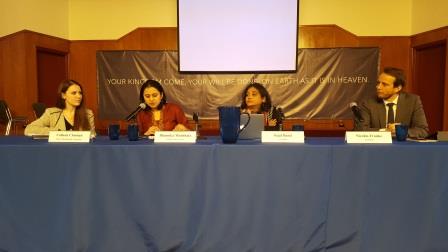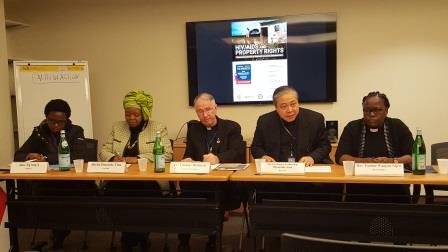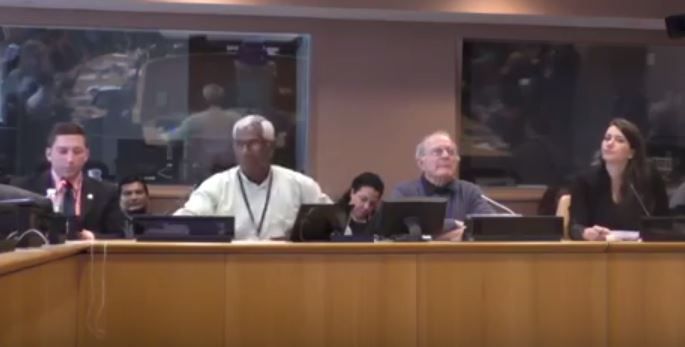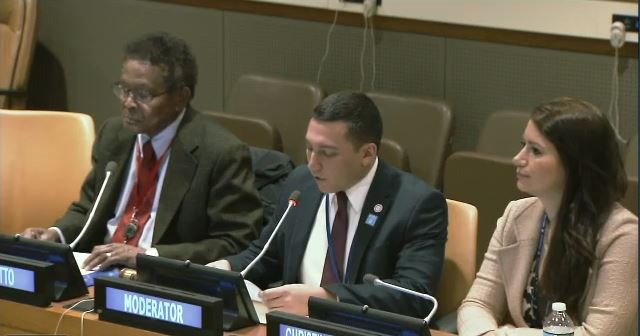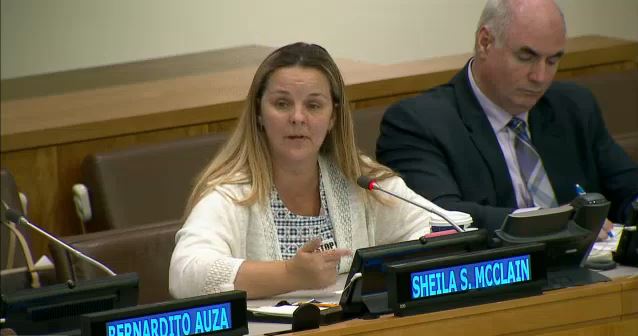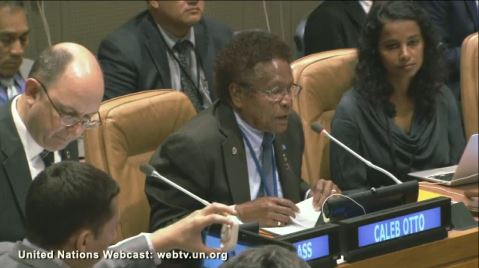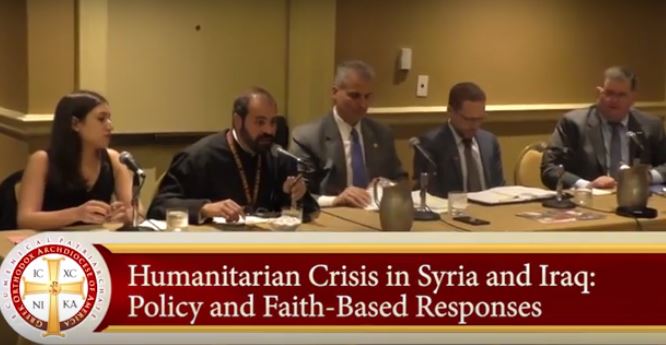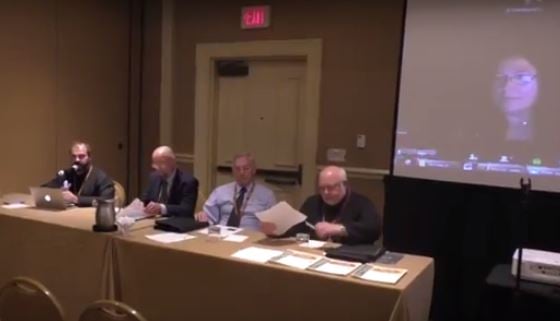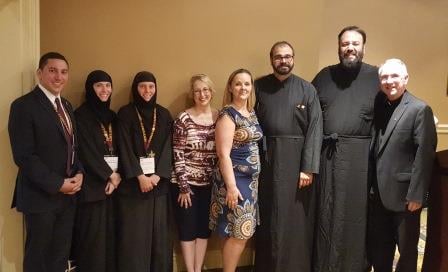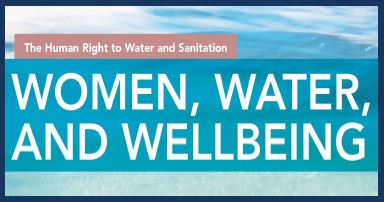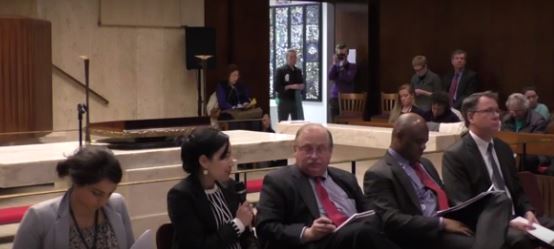Videos - Greek Orthodox Archdiocesan Council (GOAC) at the UN
VIDEO GALLERY
-
Defense of Land and Water: Economic Empowerment for Women
In context of the 61st session of the Commission on the Status of Women, this highly interactive and experienced panel explores a proactive human rights approach to women’s economic empowerment. View »
-
HIV/AIDS and Property Rights: Overcoming Barriers to Women’s Economic Empowerment
This interactive panel at the 61st United Nations Commission on the Status of Women focuses on the impact that HIV has on a woman's right to own and manage property. Panelists address stigma and discrimination toward women living with HIV, including deprivation or dispossession of property rights, and they share best practices and potential pathways to promote and protect women's economic equality. View »
-
Defesnse of Land and Water as a Strategy to Eradicate Poverty, a UN CSocD Side Event
Poverty manifests when human rights are denied. One of the most fundamental forms of this denial emerges through land and water grabbing by the extractive industries. Land and water defenders have protested such conduct, taking action to highlight this global harm. This February 2, 2017 panel discusses issues faced by communities as well as diplomatic, political, and legal solutions. View »
-
The Protection and Management of Transboundary Groundwater: Legal Issues and the Human Right to Water
Co-organized by the Permanent Mission of Palau, the Mining Working Group and the Greek Orthodox Archdiocese. View »
-
Eliminating the Trafficking of Children and Youth
13 Jul 2016 - Organized by the Permanent Observer Mission of the Holy See, in cooperation with the NGO Committee to Stop Trafficking in Persons, the Salesian Missions, the Greek Orthodox Archdiocese of America and ECPAT-USA View »
-
The Foundations of SDG 6 - The Human Right to Water and Sanitation
In this interactive dialogue, panelists discuss the intersection of the human right to water and sanitation and water justice with poverty eradication, gender equality, hunger eradication, good health, climate action, and sustainable communities. The speakers address the cross-cutting and multidimensional nature of this vital life source and its foundational role in the realization of all human rights. Their diverse perspectives offer an opportunity to envisage a just, rights-based implementation of SDG 6 and its implications for sustainable development as a whole. Additionally, panelists identify and analyze several development implementation pitfalls that are currently threatening the viability of the 2030 Agenda, the well- being of the world’s peoples, and the habitability of the planet. View »
-
Humanitarian Crisis in Syria and Iraq: Policy and Faith-Based Responses
The fear of death has prompted a massive exodus from the region. There is an imminent need to look for appropriate responses to ensure accountability, promote peace, and respond to the humanitarian crisis. Panelists explored the legal avenues and humanitarian initiatives that policymakers, faith-based organizations, and other stakeholders can undertake to vouchsafe the pluralism and integrity of Syria, Iraq, and neighboring countries. View »
-
Theology, Science, Advocacy, and Practice: The Human Right to Water and Sanitation
This interactive dialogue will address the global water crisis and explore the human right to water and sanitation. Despite being an avoidable problem, currently 758 million people lack access to safe drinking water and more than a third of the world is without adequate sanitation. The Church cannot remain silent in the face of inequity and injustice. This scarce resource is essential for life. Speakers will address the multifaceted nature of this vital resource and essential service with perspectives from theology, science, advocacy, and practical humanitarian responses. View »
-
Slavery to Freedom: Practical Responses to Human Trafficking in the United States
This interactive dialogue will address the issue of human trafficking for the purposes of sexual exploitation in the United States of America. Approximately 1.5 million people are trafficked in the US each year, 75-85% for sexual exploitation. Panelists will provide perspectives on the facts and statistics, legislature, experiences, theology, and practical responses. Come learn how you can help end trafficking in persons! View »
-
Women, Water, and Wellbeing: The Human Right to Water and Sanitation Webcast
Women, Water, and Wellbeing: The Human Right to Water and Sanitation is an interactive dialogue at the 60th United Nations Commission on the Status of Women. It addresses the intersection of the human right to water and sanitation and water justice for women. The speakers address the multifaceted nature of this vital resource and common good, essential for life. In addition to perspectives from government, research, ethics, and practical humanitarian responses, the experiences and wisdom of women are presented. View »
-
Forced Migration, Human Trafficking and Child Soldiers: How ISIL is Exploiting the Conflict in the Middle East Video Playlist
Forced Migration, Human Trafficking and Child Soldiers: How ISIL is Exploiting the Conflict in the Middle East, hosted by the UN Programs of the Department of Inter-Orthodox, Ecumenical and Interfaith Relations of the Greek Orthodox Archdiocese (together with the World Council of Churches and The Lutheran World Federation), discusses Daesh’s (self-proclaimed Islamic State of Iraq and the Levant [ISIL]) exploitation of the Middle East’s current political and humanitarian instability for their own gain. This exploitation and its many consequences result in negative effects on sustainable development. The panel primarily addresses the effects of Daesh’s actions on the local populations, specifically in terms of forced migration, human trafficking, and child soldiers. View »

